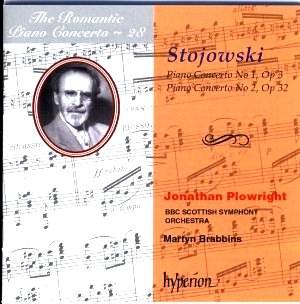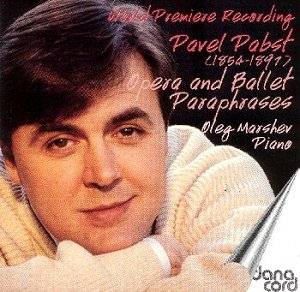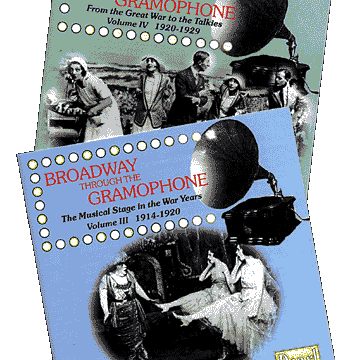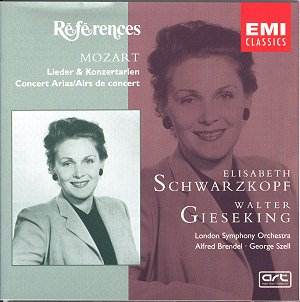 Composer: Zygmunt Stojowski
Composer: Zygmunt Stojowski
Works: Piano Concerto No. 1 in F sharp minor Op. 3 (1891), Piano Concerto No. 2 in A flat major Prologue, Scherzo and Variations Op. 32 (1908)
Performers: Jonathon Plowright (piano), BBC Scottish Symphony Orchestra, Martyn Brabbins (conductor)
Recording: 6-7 June 2001, Caird Hall, Dundee
Label: Hyperion CDA67314
Zygmunt Stojowski, a composer whose career traversed the late Romantic to early modern periods, occupies a unique niche in the pantheon of Polish composers. His Piano Concertos, presented in this Hyperion release, reveal a creative spirit that melds Slavic melancholy with the exuberance of Western European influences. The First Piano Concerto, composed when Stojowski was just 22, showcases a youthful exuberance and ambition that reflect both his Polish heritage and the stylistic currents of Paris at the time. The more mature Second Piano Concerto, written in 1908, demonstrates a deepening of expression and a mastery of orchestral color that marks Stojowski as a figure worthy of rediscovery.
Jonathon Plowright’s interpretation of the First Concerto is particularly noteworthy. He navigates the opening, a wave-like introduction, with a delicate touch that evokes a sense of intimacy, before launching into the lyrical first theme that unfolds with a Saint-Saëns-like grandeur. The Lento movement, which unfolds around the 9-minute mark, is a highlight, rich with a stillness that contrasts sharply with the more vigorous Allegro con fuoco that follows. Plowright’s sensitive phrasing captures the poetry inherent in Stojowski’s writing, though there are moments where the thematic material feels thin—a reflection perhaps of the concerto’s youthful ambition rather than a deficiency in Plowright’s interpretation.
The Second Concerto, with its triptych structure, showcases Stojowski’s growth and confidence as a composer. The prologue introduces a theme that Plowright presents with a proud, sweeping gesture. As the variations unfold, orchestral textures grow richer, yet there are passages where the BBC Scottish strings, while competent, lack the lushness that such Romantic music demands. Plowright’s interplay with the orchestra is marked by a robust dialogue; he brings out the Slavonic character of the themes with a vibrancy that is both engaging and virtuosic. The concluding sections of this concerto, particularly the reintroduction of themes from the first movement, reveal a composer who has mastered the art of thematic development, culminating in a satisfying and serene conclusion.
Hyperion’s sound engineering deserves commendation, delivering a clear and well-balanced recording that allows the intricacies of Stojowski’s orchestration to shine. The sonic landscape is vibrant, with Plowright’s piano resonating beautifully against the orchestral backdrop, though one might wish for a slightly more opulent string sound to fully encapsulate the Romantic ethos. Joseph A. Herter’s extensive liner notes provide valuable context and insight into Stojowski’s life and works, enhancing the listening experience by situating these concertos within the broader historical narrative.
Plowright’s advocacy for Stojowski’s concertos is commendable, as he not only performs with technical skill but also imbues the music with an emotional depth that resonates with today’s audiences. This release stands as a testament to Stojowski’s merits, showcasing a composer whose works, while perhaps overshadowed by his contemporaries, are rich in lyrical beauty and orchestral innovation. The combination of Plowright’s interpretive insights and Hyperion’s high production standards positions this recording as an essential addition to the discography of late-Romantic piano concertos, inviting listeners to engage with Stojowski’s music anew.



